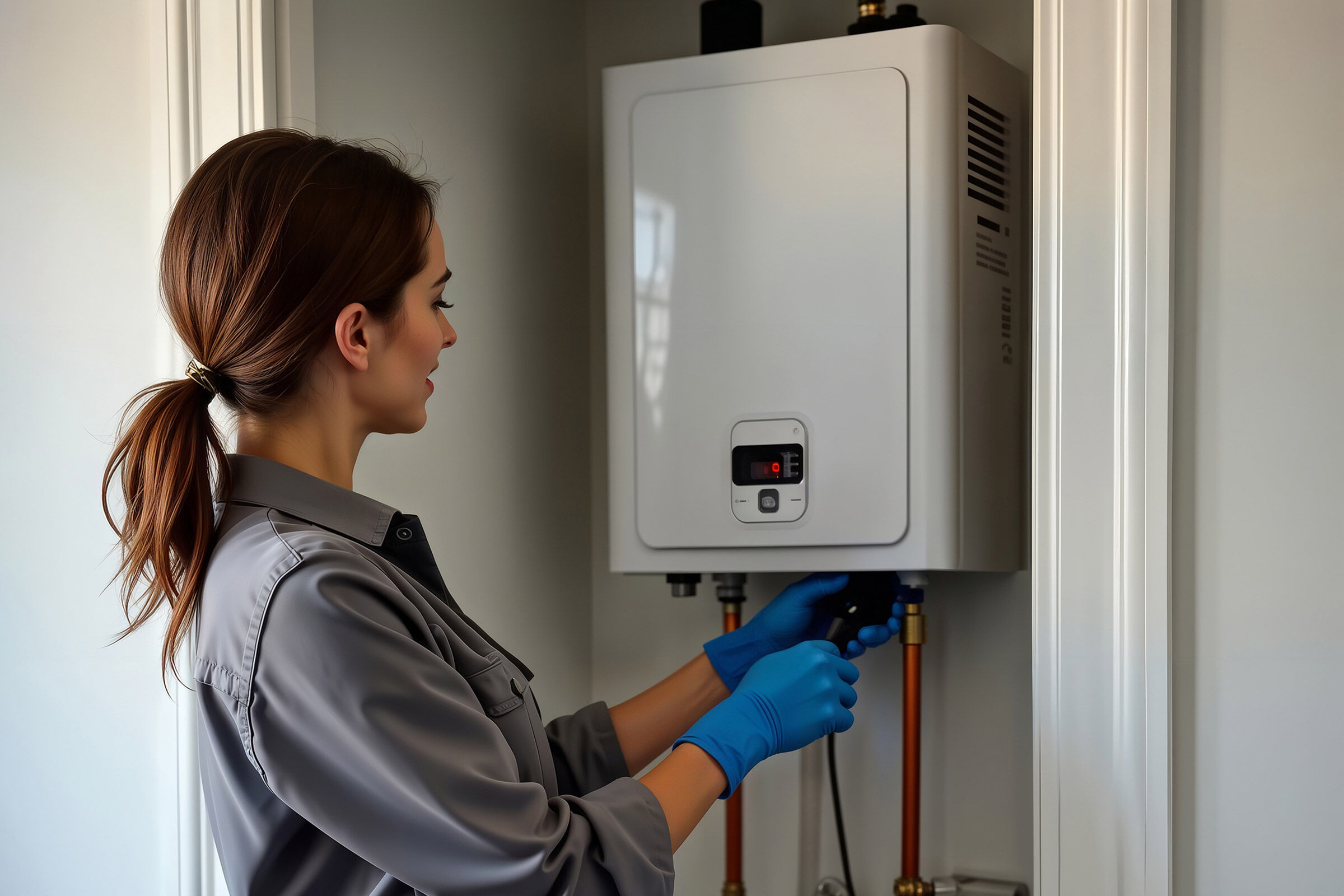
THE PRODUCT:
Consumer water heaters are used to provide hot water for showering, dishwashing, clothes washing, and other household needs. Residential water heaters can use electricity, natural gas, propane or fuel oil. There are two main types of residential water heaters: storage-type and instantaneous.
THE STANDARD:
The current standards for residential water heaters took effect in 2015. The efficiency requirements vary depending on the type of water heater and the rated storage volume. For storage water heaters with a volume greater than 55 gallons, the standards effectively require heat pump technology for electric products and condensing technology for gas products.
In 2023, DOE proposed amended water heater efficiency standards that would shift most new electric storage models to more efficient heat pump technology, which cuts energy use in half. For gas-fired water heaters, the proposed standards would reduce energy use by 9-13%, depending on the type of model. The proposed standards are generally similar to recommendations submitted to DOE by a multistakeholder coalition of two of the largest water heater manufacturers (Bradford White and Rheem), energy efficiency organizations (American Council for an Energy-Efficient Economy, Appliance Standards Awareness Project, and Northwest Energy Efficiency Alliance), environmental advocates (Natural Resources Defense Council), and consumer advocates (Consumer Federation of America).
*Uniform energy factor (UEF) describes the energy efficiency performance of a water heater.
KEY FACTS:
As of 2020, residential water heating represented 18% percent of total annual household site energy consumption in the U.S. About 48% of households have natural gas water heaters, while 46% have electric and slightly more than 5% burn propane or oil.
Typical heat pump water heaters on the market today have UEFs above 3.0, while conventional electric resistance water heaters have UEFs below 1.0. Condensing gas water heaters can reduce energy consumption by up to about 31% compared to conventional gas units.
Fact Sheets
Filings
ASAP Press Releases
Timeline
| Federal | Date |
| Proposed Rule Issued | 2023 |
| 3rd Federal Standard Effective | 2015 |
| 3rd Federal Standard Adopted | 2010 |
| 2nd Federal Standard Effective | 2004 |
| 2nd Federal Standard Adopted | 2001 |
| 1st Federal Standard Effective | 1990 |
| 1st Federal Standard Adopted | 1987 |
| NAECA Initial Federal Legislation Enacted | 1987 |